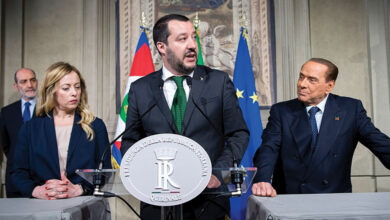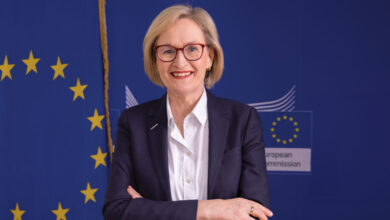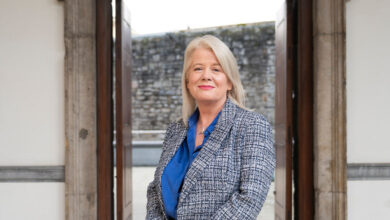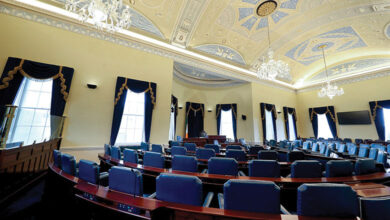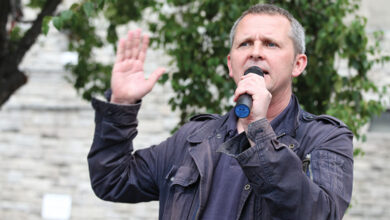Social Protection
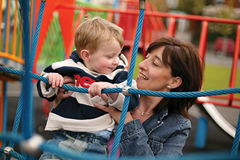 Ireland is, demographically, the youngest nation in Western Europe with a long history of commitment to children’s policy, although the reality has often fallen short. As of April 2011, an estimated 1,251,700 children aged under 19 were living in the State: 27.9 per cent of the population.
Ireland is, demographically, the youngest nation in Western Europe with a long history of commitment to children’s policy, although the reality has often fallen short. As of April 2011, an estimated 1,251,700 children aged under 19 were living in the State: 27.9 per cent of the population.
“Cherishing all the children of the nation equally,” as promised in the 1916 Proclamation, was given added emphasis in the First Dáil’s Democratic Programme, which established “the physical, mental and spiritual well-being of the children” as the first duty of government.
Bunreacht na hÉireann acknowledges the family as “the primary and natural educator of the child”, and requires the Government to protect the family.
Separately, the League of Nations had adopted a Declaration of the Rights of the Child in 1923, which was expanded by the United Nations in 1959. The binding UN Convention on the Rights of the Child was published in 1989, signed by Ireland in 1990 and ratified in 1992.
UN pressure, and the increasing disclosure and investigation of child abuse, prompted the Government’s proposal to hold a constitutional referendum on children’s rights, expected this year.
The Minister, Frances Fitzgerald, took office on 9 March and the Department of Children and Youth Affairs was itself formed on 2 June 2011. Its functions were transferred from the Department of Health and Children (itself formed in 1997), the Department of Education and Skills, the Department of Justice and Law Reform, and the Department of Community, Equality and Gaeltacht Affairs.
Five agencies are overseen by the new department:
• the Adoption Authority of Ireland;
• the Family Support Agency (due to become the Child and Family Support Agency in January);
• the Irish Youth Justice Service (three detention schools);
• the National Educational Welfare Board; and
• the Office of the Ombudsman for Children.
The detention schools, which transferred to the department’s control in January, hold girls under 18 and boys under 16 who are remanded or committed on criminal charges. The rest of the service is accountable to the Minister of Justice and Equality.
Internally, the department comprises three divisions: policy and innovation; child welfare and legislation; and youth justice and corporate support.
Ministerial priorities include finalising the referendum plans, placing the national child protection guidance (Children First) on a statutory footing, drafting a national early years strategy, and reducing delays in the adoption process.
The department also promotes dialogue with children and young people, with their views given “due weight in accordance with their age and maturity”.
Net funding for the department in 2012 stands at €401.7 million, comprising €393.7 million in current expenditure and €8 million in capital expenditure (mostly for childcare). Under the Government’s 2012-2014 expenditure allocations, the ministerial expenditure ceiling will fall from €400 million (already exceeded) in 2012 to €382 million next year and €373 million in 2014.
Funding for sectoral programmes for children and young people was almost maintained between 2011 and 2012, with a slight reduction from €321.3 million to €319.9 million.
The remainder of the budget goes to the children and family support programme (€67.5 million) and the department’s policy and legislative work (€20.7 million). The net budget rises to a gross total of
€408.1 million when grants are taken into account.
Separately, the Health Service Executive has been allocated €569 million for children and family services. The State will also invest €2.38 billion in child-related benefits.
The department has 143 employees (129.39 whole-time equivalents).
Minister Fitzgerald (a Fine Gael TD for Dublin Mid West) is a former social worker and family therapist. Jim Breslin is the Secretary General and the department’s headquarters is located at Mespil Road, beside the Grand Canal.

